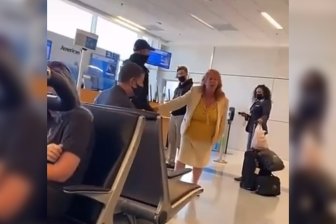Students and staff at the Eagle River Secondary in Sicamous found a two-week cell phone restricted experiment that is a pleasing disruption of life with screens.
In late January, Cody Hutchinson, a 9th grade student at the school, asked his colleagues to be without a cell phone for two weeks during the school day. Between February 1st and February 11th, ERS students who participated in the challenge turned their phones into the office at the start of the day.
After the two-week cell phone detox, Hutchinson said it was a positive experience for him and his classmates, who generally feel the same way.
Read more: Maple Ridge man happy to be alive after snowmobile accident near Enderby
Read more: Lunch starts on Wednesdays in Salmon Arm for people in need
Hutchinson broadened the rules of detoxification and kept his phone back from his phone at home and at school. He said that his attitude and grades in school had improved noticeably.
At home, he found less distraction from chores on his family’s ranch; Instead of texting or listening to music while at work, he took in the landscape more.
Hutchinson said his classmates quickly got used to doing without their phones and are now happy to drop them off earlier in the day.
Mark Marino and Hutchinson, directors of the Eagle River Secondary, conducted a survey of students who participated in the detox. Your answers suggest more peer interaction and more homework during breaks. Students also said they were less concerned about what was happening on their phones during the school day and less pressure to answer notifications using the devices in the headmaster’s office than in their pockets.
Read more: The warming bus brings the homeless of North Okanagan out of the cold
Read more: Stricter border controls for travelers from February 22nd
According to the Marino and Hutchinson survey, 60 percent of participating students plan to change their cell phone habits at school, and 40 percent said it would change the way they use the phone at home.
A Detox Ending Celebration and Awards will be provided through a $ 500 grant Hutchinson received from the McCreary Center Society, a think tank for youth research.
Marino and Hutchinson are considering bringing the detox back, possibly around starting each quarter or semester.
Hutchinson also urged other schools to do cell phone detox if they can handle the logistics of collecting all of the cell phones. Marino and Hutchinson said they’d love to share the pledge students signed prior to detox, as well as helpful tips, with other schools that want to help students get off their screens.
jim.elliot@saobserver.net
Like us on Facebook and follow us on Twitter
technology
Get local stories you won’t find anywhere else straight to your inbox.
Login here









